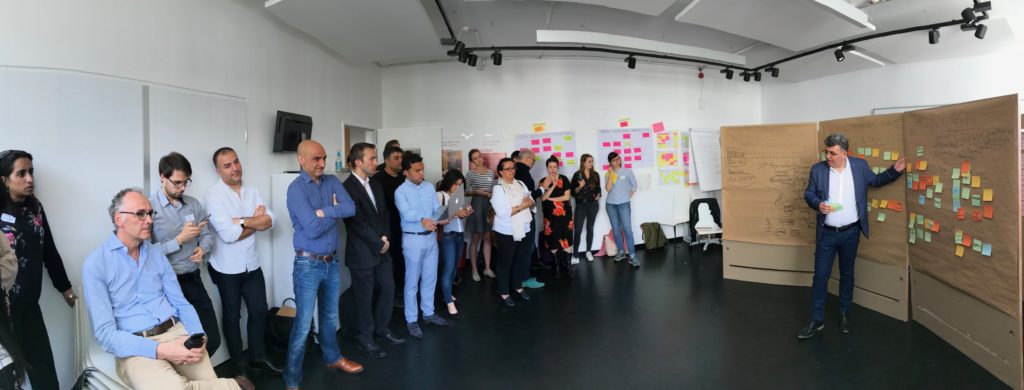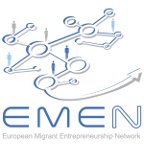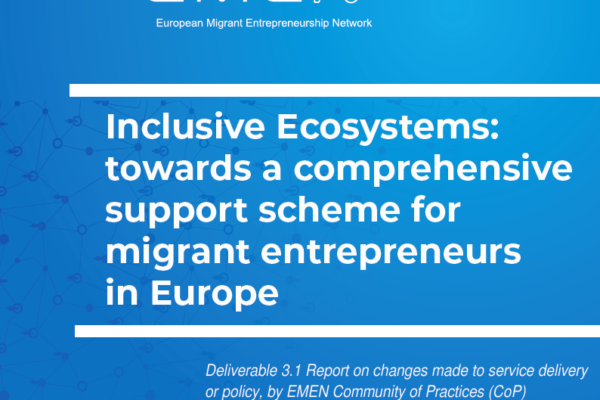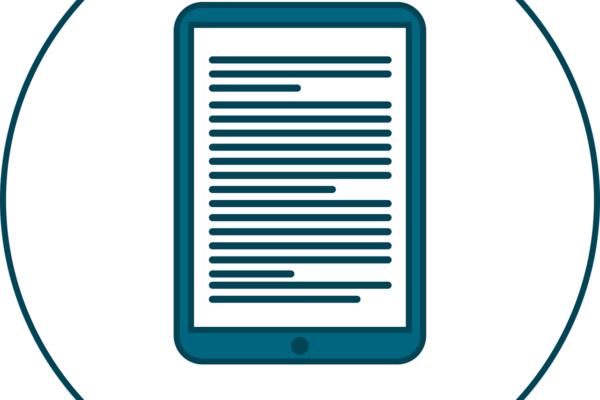On the 23rd and 24th of April the first EMEN Annual Meeting took place. The event, organised in Munich by Social Impact, was very well planned and involved around 60 participants on both days. It has also been successful in the engagement of all participants and the depth of all the topics discussed in plenary, in workshops, and in CoP sessions.
As for the structure, according to the project description and given the desirability that migrant entrepreneurship support schemes should offer a comprehensive range of services, the principal meetings of the communities of practice took place in parallel during a series of common events. This structure allowed to interchange among the CoPs and to address overarching topics related to migrant entrepreneurship.
The first day of the event (23 April) entrepreneurs, experts, practitioners and interested people gathered together to discuss and share best practices in the support of entrepreneurial endeavours of migrants in Germany, Europe and beyond.
In particular, the event started with a friendly walking lunch to break the ice and help participants to socialise. This ice-breaking session was followed by a warm welcoming speech from Norbert Kunz (Social Impact) & Toby Johnson (AEIDL) who presented the project and the activities carried out by the hosting organisation.
This introduction was followed by an inspiring keynote speech by Prof. Alexander Kritikos (DIW / German Institute for Economic Research) who shed light on the de facto and potential contributions of Migrant Entrepreneurs to societal welfare.
This presentation was followed by a Migrant Entrepreneurs session where four migrant entrepreneurs presented their business ideas and experiences and talked about their daily challenges. In particular:
- Beslan Kabertai (Syria) presented his cheese factory and the difficulties he faced on his path to entrepreneurship: He started a cheese-producing business at home in Damascus with a $60 loan. The war in Syria put a stop to it in 2012. He came to Germany in 2015, where it took 18 months to get permission to start up again. Asked what he would do differently, he replied that he would move to a city where residence permits are delivered more quickly (they are slow in Berlin).
- Ali Karim (Iraq) explained how he decided to set up a laundry service and the success of its idea, which allowed its business to expand to a chain of laundry shops;
- Lele Golesorkhi and Sara Sahim presented their NGO called WoW (With or Without), which provides inclusion services and support for Muslim women: WoW targets woman migrants who either do or do not wear the hijab. The employment status of men and women migrants in Germany is very different, but the share who are seeking jobs is very similar – 23% of men and 17% of women. Research shows that women who wear the hijab get a very low level of return calls when they apply for jobs. Wow aims to bring about equality, openness, tolerance and respect. It says: “What matters in the labour market is what is in the head, not what’s on it.” WoW runs seminars for employees and campaigns for employees to manage diversity. The gaps include a lack of data, loopholes in the law, and the fact that diversity management is perceived as an economic issue, and not one of rights.
- Robert Seko (Nigeria) imports spare car parts to his Country of origin and explained how he came up with this idea after a trip back to Nigeria where demand for European spare car parts is high: Nigeria, with a population of 200 million, is Africa’s largest market. It loves second-hand car parts. He joined the ‘Human Safety Net’ programme in October 2017 and has received training in various skills. He has now nearly completed his business plan. He made a 3-week visit in Nigeria to research the market and to take out a business licence. When the business plan is complete and signed off by his coach Olav, he will approach financiers. He has to submit the plan to the chamber of commerce for approval, because he does not have refugee status.
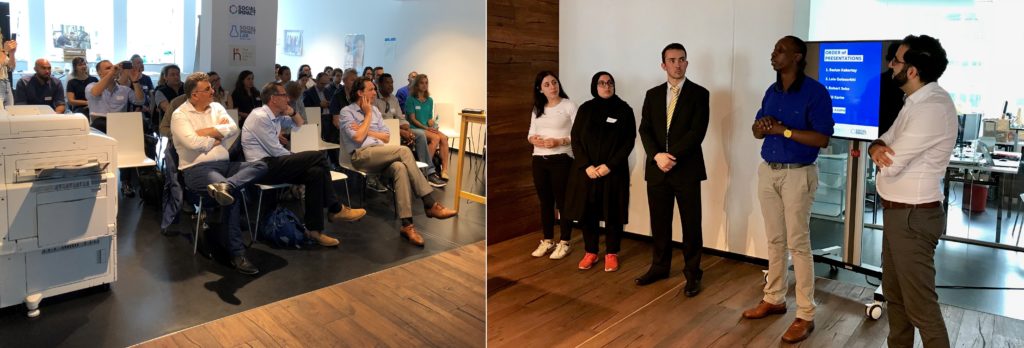
This session was followed by a Q&A moment with the speakers during which the audience was allowed to ask questions and exchange with the entrepreneurs.
Another relevant moment of the first day was the Expert Café, a session of 6 mini-workshops where the participants had the possibility to get deep insights into a wide range of topics relevant to migrant entrepreneurship. The workshops were led by experts in the topics discussed. In particular, the following exchanges and discussions were organised:
- Klaas Molenaar (Thuas / NL) on access to finance for Migrant Entrepreneurs, and in particular on identifying alternative ways to mobilise financing (outside the traditional forms such as banks, micro financing institutions or special projects).
- Ralf Sänger (IQ-Netzwerk / DE) on coaching and mentoring.
- Adam Kumcu (UNITEE / BE) on Diversity Management in corporates.
- Christoph Zeckra (Generali / DE) showcasing Generali’s CSR Refugee Entrepreneurship Programme “The Human Safety Net”
- Olaf Weberring (Social Impact / DE) on the “Start Hope @ Home Project” which qualifies refugees for a later entrepreneurial profession in their home countries.
- Kameran Shwani and Alexander Anifandakis (City of Munich / DE) on the City’s efforts to support migrant entrepreneurs in the region.
After the Expert Café session took place a wrap-up time, a short reflection about the main take-home messages of the day. The word was given to the participants and invited experts to share their thoughts in a moderated panel.
The wrap-up session was followed by a friendly networking cocktail to conclude the day, get-together and exchange with the diverse participants.

The second day of our conference (24 April) was dedicated to EMEN’s core exchange format, the Communities of Practice (CoPs). Here, experts, practitioners and entrepreneurs shared knowledge and disseminated good practices on two areas that are key to supporting migrant entrepreneurship in the short to medium term: coaching and mentoring (CoP1), and professionalism and diversity management (CoP3).
In particular, the CoP1 meeting focused on Professional coaching and training vs. volunteer mentorship – what are the special needs of migrants and how to ensure quality? It consisted of 12 organisations from across Europe and was designed to identify the challenges of an inclusive migrant support approach and in a second step also to develop solutions. In total 16 experts in the field of ME support, one Migrant Entrepreneur and four SI staff members took part in the workshop.
Under the title “Professional coaching and training vs. volunteer mentorship – what are the special needs of migrants and how to ensure quality?” the first CoP 1 Meeting, on 24 April in Munich, was oriented towards the following guiding questions:
- What are the differences between the alternative approaches: what works well and what doesn’t work?
- What makes a migrant entrepreneur a good coach/mentor?
- What challenges do migrant entrepreneurship support organisation face?
CoP 3 workshop focused on the role that Business Member Associations and Chambers play and the needs of the members, in particular in light of the results of the survey organised by CoP3 leaders.
The workshop was directed by UNITEE and EUROCHAMBRES, and addresses two types of problems:
- The general low level of professionalism of associations of migrant entrepreneurs.
- The general low level of inclusion of migrant entrepreneurs in mainstream business associations, such as chambers of commerce.
The discussion during the CoP3 Workshop focused on these two problems. Stimulated by Adem Kumcu (UNITEE) and Dirk Vantyghem (EUROCHAMBRES), the discussion evolved in the elaboration of a SWOT analysis (Strengths, Weaknesses, Opportunities, and Threats) related to the role of Business Member Associations, Chamber of Commerce, and local supportive ecosystems. All the participants were involved and participated in the discussion and contributed with comments collected on a board using post-its. All the contributions were discussed and reported in the SWOT analysis.
The CoP sessions were followed by a follow-up focused on
- Continuation: how to keep the CoP active and animated;
- Lessons learnt: summarise the content of the discussion;
- Next steps
Each CoP presented the results in an interactive way with the support of post it and a board where all the contributions were attached. This session concluded the 2-day event.
